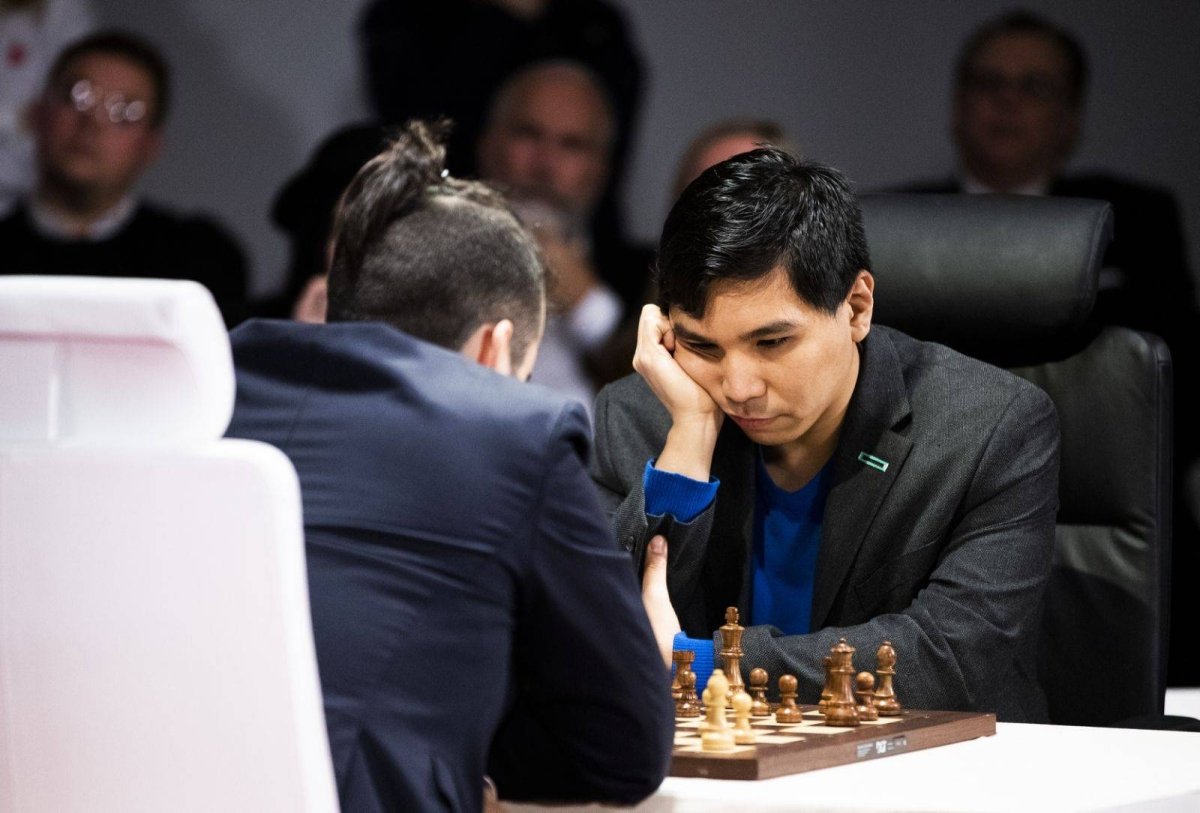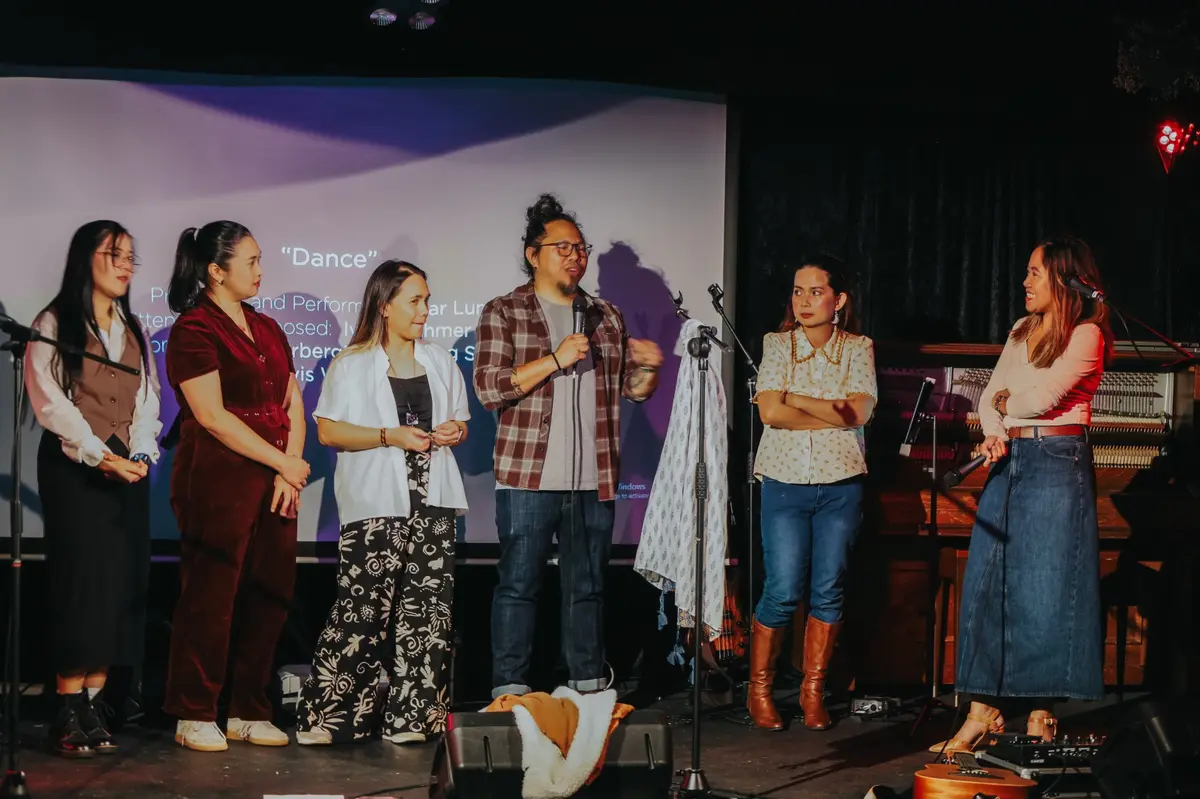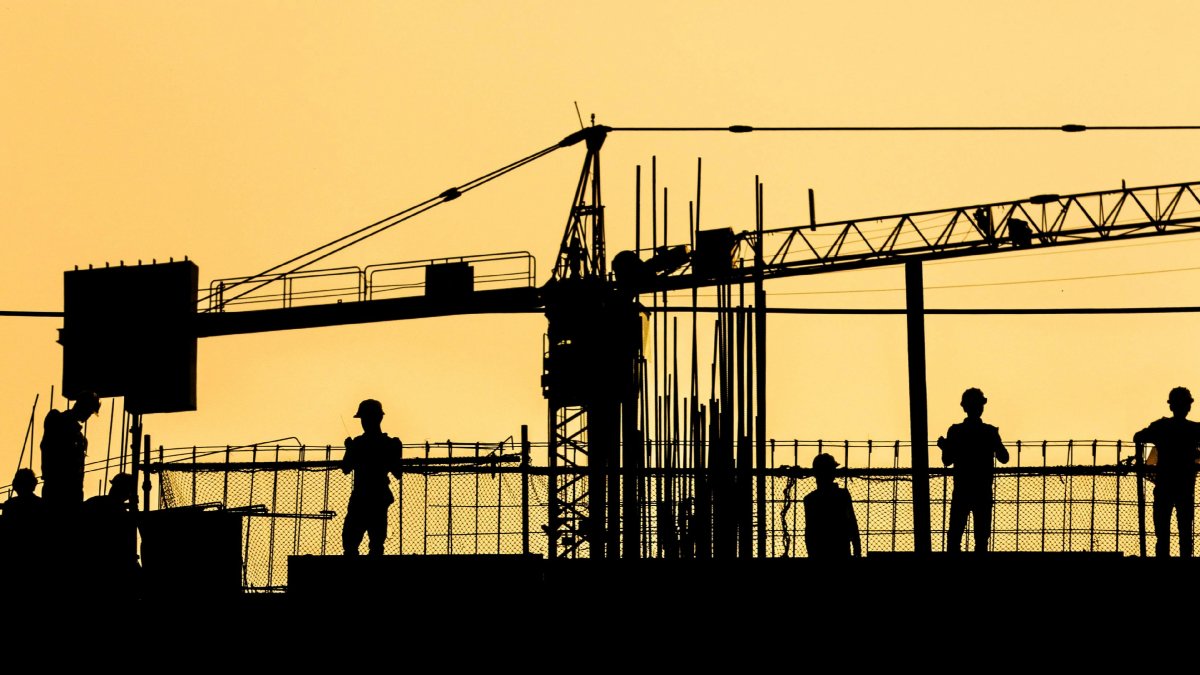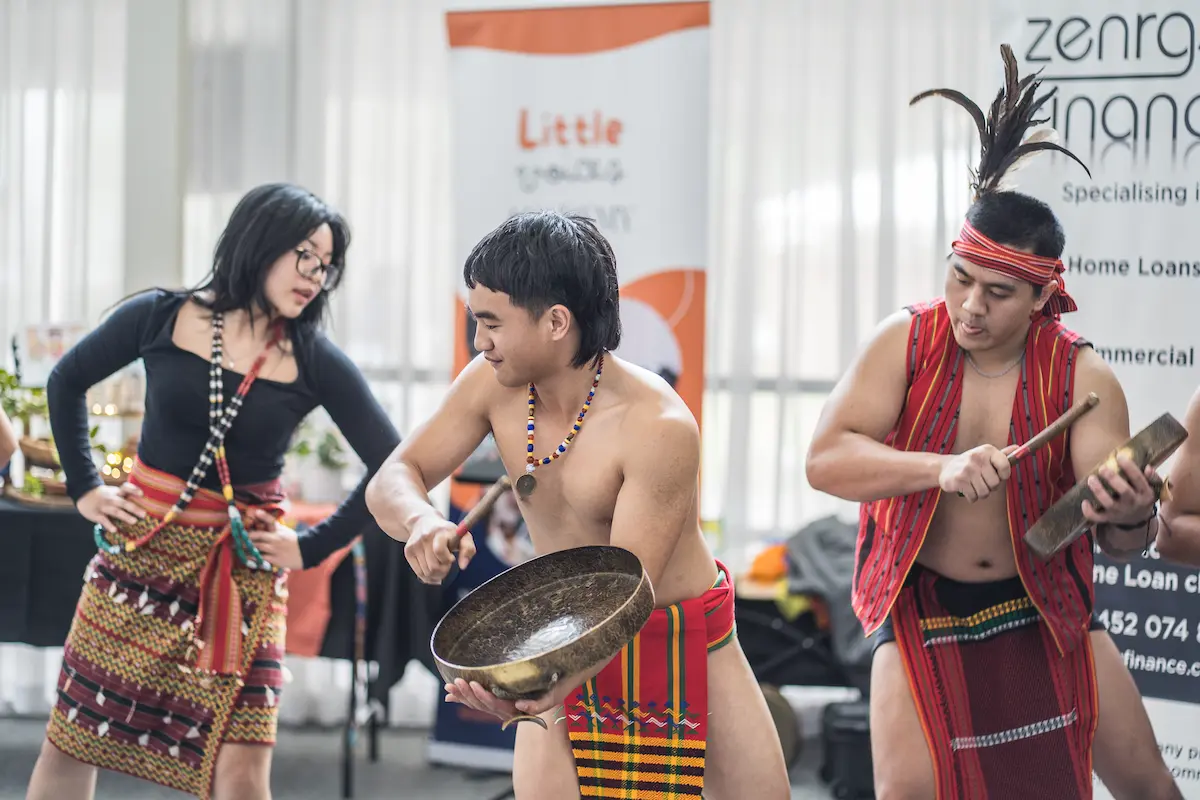A year after its premiere at the Toronto International Film Festival, Antoinette Jadaone’s Sunshine comes home to the Philippines.
Maris Racal first watched Sunshine at the Far East Film Festival last April. Recalling the experience, she shares that it was as if she was feeling what the audience felt, seeing the story for the first time. “I had wrapped Sunshine two years ago, so I forgot all the details,” she shares. “And I was completely shocked, completely in awe of the film.” Three months later, she would attend its first screening in the Philippines.
The film first premiered at the 2024 Toronto International Film Festival last September. At the time, there were uncertainties about Sunshine screening in the Philippines. “But I didn’t really think about it. I didn’t really manifest it,” director Antoinette Jadaone shares. In a conservative and highly Catholic country, the premise of a gymnast navigating unplanned pregnancy and abortion is a controversial theme. But for her, the story needed to be told.
When it was time to take the film to the Movie and Television Review and Classification Board (MTRCB) for review, Jadaone had prepared a preamble before beginning the screening. “To introduce the film, what it means to me, the team, and the country. It’s not just a film, but it’s something that we feel is very important for more people to see,” she says.
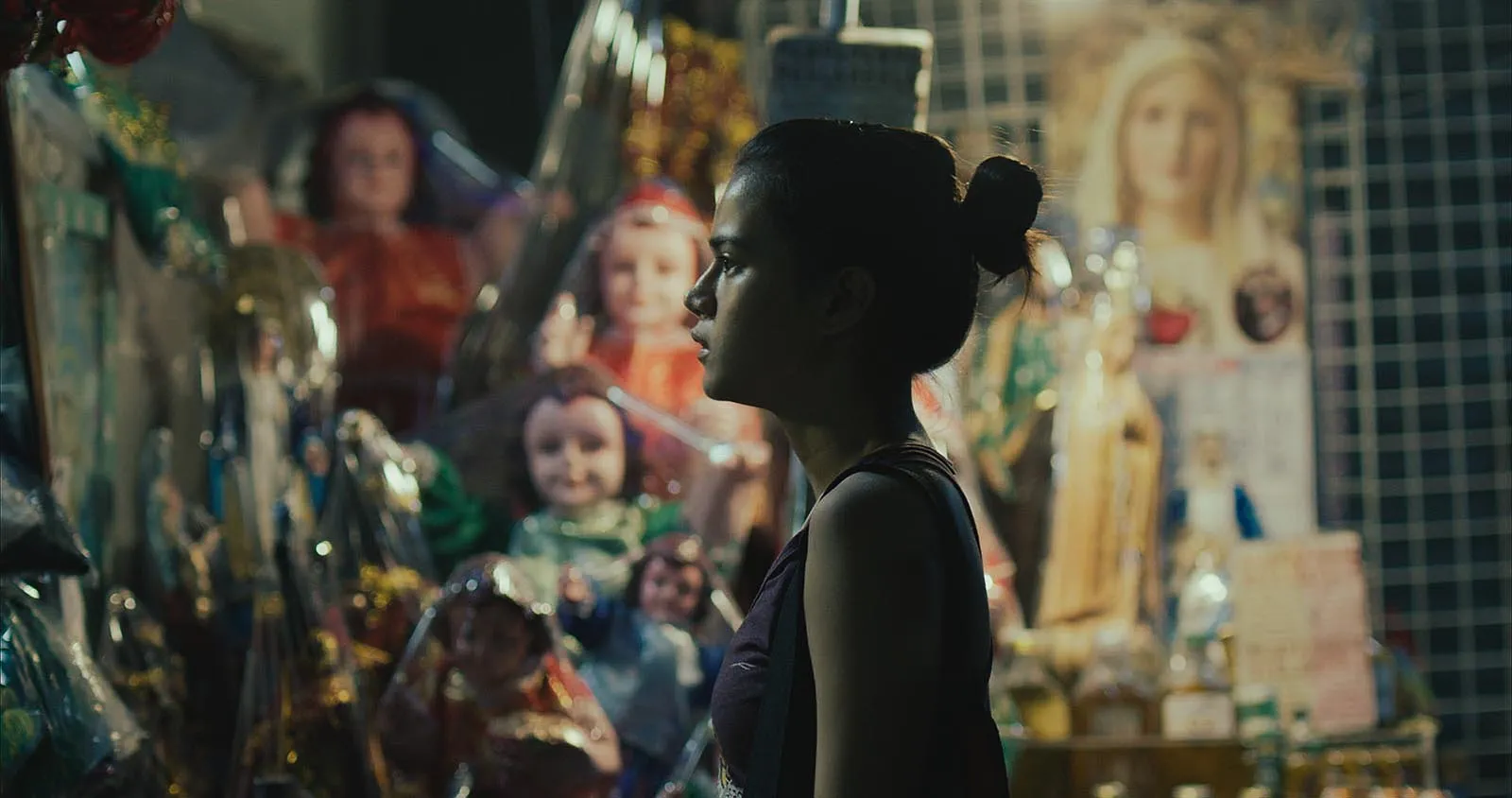
Photo courtesy of Project 8 Projects
“Finally!” was a resounding sentiment among Filipino audiences when the film announced its Philippine premiere date. With a rating of R-16, the film is set to begin screening exclusively at SM Cinemas on July 23. The timing was strategic; Jadaone and her team chose to have their first set of screenings overseas as a way to gain traction in the competitive film scene. “It’s really hard for local films to invite Filipino people to watch the film in theaters now. So, we were looking for ways to make the film more appealing, create more buzz,” she shares.
Since its global premiere, the film has garnered recognition at film festivals, including the 2025 Berlin International Film Festival’s Crystal Bear for Best Film, and most recently, the Narrative Feature Jury Award and Narrative Feature Audience Award at the Asian American Film Festival.
Although abortion and unplanned pregnancy are at the forefront of the film, it also delves into intersecting problems: poverty, the education crisis, sex education, and the SOGIE bill. “This is an effort of the art industry to keep the conversation going and to contribute to the movement,” shares Racal, who plays the titular role. “This one, hopefully, people will watch this. And hopefully, magalaw yung baso (the glass will move).”
“Although Sunshine lives in this film, there’s a bigger battle outside. They always say that it takes a village to raise a kid. We are that village,” Jadaone says. “Sunshine is that kid that we are raising. We’re all complicit in what happens to these girls. They’re just kids.”
“Sunshine really lives among us,” she continues. In the Philippines, Save the Children Philippines estimated that more than 500 adolescents become mothers, including girls as young as 10 years old. In a 2024 report by Likhaan Center for Women’s Health, abortions are estimated at 973,000 annually from 2015 to 2019, with the majority being unsafe, as abortion is criminalized in the country.
“Now that we’re releasing Sunshine, I think we’re ready to talk about it,” says Jadaone in Filipino during the Sunshine press conference. “Of course, there are issues about abortion, about reproductive rights, about women’s rights. But I think those different issues come from at least listening, empathy, understanding. Whatever side you believe in, I think it’s important to talk about it.”
When asked about the possibility of the film being submitted to the Oscars, Jadaone expresses her gratitude but gives no definitive answer. “It’s a different journey when you’re the representative,” producer Dan Villegas says in Filipino. Maris, also speaking in Filipino, adds to this sentiment: “If you think this is worthy to be represented for the Oscars, thank you. For us, I hope the Filipinos watch it first. Because the goal is to start a conversation and humanize women through Sunshine.”
As Sunshine is set to premiere in the Philippines, Racal likens the journey to an athlete’s homecoming. “She was appreciated by other countries, so I hope she’ll be appreciated by Filipinos,” she says. There’s a glimmer of hope in her eyes, for the film’s success in the Philippines, for the Oscars, but most importantly, for the women just like Sunshine.
